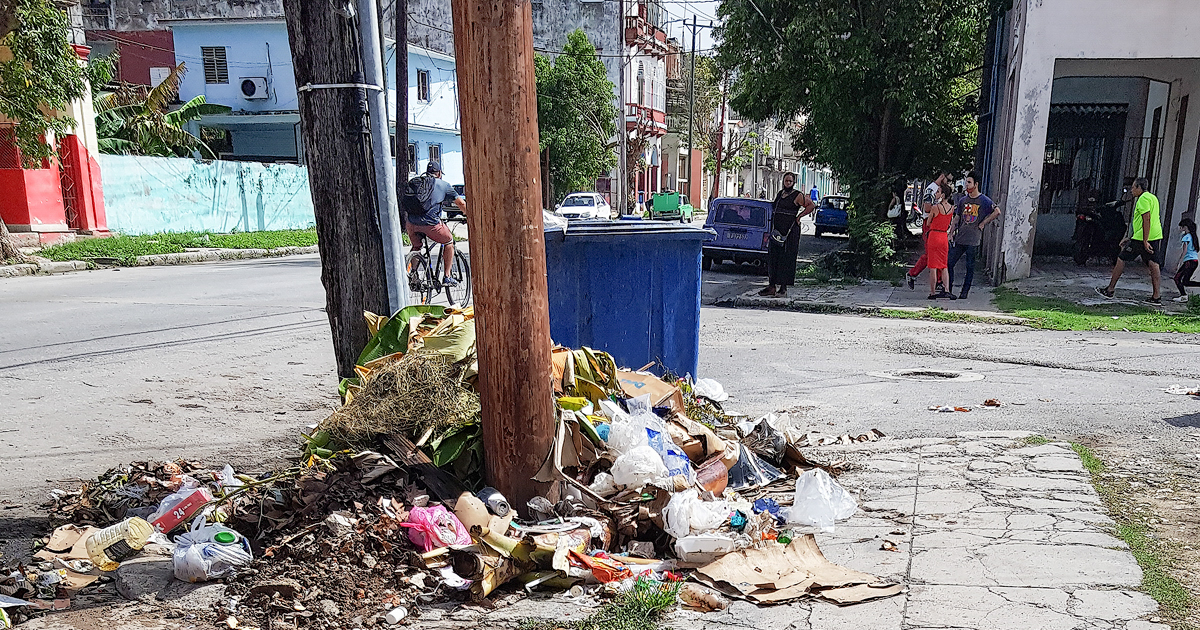The Cuban government, through the OPS/OMS Collaborating Center for the Study and Control of Dengue, has announced the 18th International Course on Dengue and Other Emerging Arboviruses. This training event is scheduled to take place from August 19 to 30, 2024, in Havana, amidst a severe health crisis that plagues the Cuban population. Residents of the city continue to endure foul odors, trash-filled streets, and relentless mosquitoes.
This course, which includes both theoretical and practical sessions, costs $900 and is aimed at doctors, virologists, immunologists, sociologists, epidemiologists, entomologists, health administrators, and others interested in the subject. The Ministry of Public Health and its institutions are eager to showcase their expertise and export their model to other countries affected by tropical diseases studied by Cuban scientists. However, these research findings are not implemented domestically, and if they are, their benefits remain unseen.
Dengue, yellow fever, Zika, chikungunya, and Oropouche continue to be prevalent in Cuba, leading to daily hospital admissions across all provinces. There have even been reports of patient deaths due to these diseases, despite the government's efforts to conceal statistics. The course is organized by the Pedro Kourí Institute of Tropical Medicine, the Cuban Society of Microbiology and Parasitology, the Ministry of Public Health, and the Pan American Health Organization/World Health Organization (PAHO/WHO).
The promotion of this event promises a platform for scientific exchange on clinical management and vector control. The latter topic is notably neglected by the Cuban government, which has openly admitted a lack of resources for fumigating homes and collecting street garbage. Organizers will also discuss the latest research in pathogenesis, vaccines, antivirals, and genetics, as well as the impact of climate change on the spread of these diseases.
The announcement of this course and its commercialization in dollars, marketed as "scientific tourism," has sparked controversy. It highlights the irony of the Cuban government, which struggles to control dengue outbreaks within its own borders, monetizing their knowledge of these diseases. The ongoing epidemiological crisis, marked by shortages of medical supplies and ineffective mosquito control, raises serious doubts about the government's ability to manage internal health issues while focusing on selling their expertise internationally.
FAQs About Cuba's Dengue Course Amid Health Crisis
Here are some frequently asked questions about the controversial $900 dengue course offered by the Cuban government amidst the country's ongoing health crisis.
Why is the Cuban government offering a dengue course during a health crisis?
The Cuban government aims to showcase its expertise and export its model to other countries affected by tropical diseases. However, this move has been criticized due to the ongoing health crisis within Cuba itself.
How much does the dengue course cost?
The course costs $900 and is targeted at various professionals including doctors, virologists, immunologists, sociologists, epidemiologists, entomologists, and health administrators.
What organizations are involved in this dengue course?
The course is organized by the Pedro Kourí Institute of Tropical Medicine, the Cuban Society of Microbiology and Parasitology, the Ministry of Public Health, and the Pan American Health Organization/World Health Organization (PAHO/WHO).
